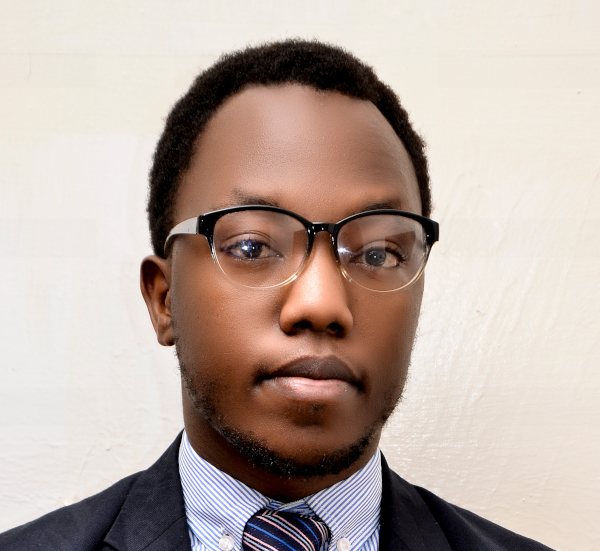

About 40 academic staff members from University of Rwanda (UR), on January 26, completed a five-day training programme centred around optimal teaching and learning methodologies for application in their educational endeavors.
ALSO READ: AFRETEC takes the lead in cybersecurity education for UR staff
The initiative was facilitated by the University of Rwanda African Engineering and Technology Network (UR AFRETEC) Project.
The objective of the training was to empower academic staff with the tools and strategies necessary to create dynamic and effective learning environments towards enhancing the quality of engineering and technology education in Africa.
ALSO READ: How AFRETEC program is improving quality of engineering, technology education at University of Rwanda
By fostering a collaborative and innovative mindset, participants were better equipped to meet the diverse needs of today's learners and got prepared for the challenges of the future. The training programme was a component of the 'Base Funding Project' initiated by AFRETEC, of which UR is a founding member. The initiative receives support from Mastercard Foundation through Carnegie Mellon University-Africa.
The overarching goal is to foster inclusive digital growth by leveraging higher education and fostering collaborative efforts. Technology-focused universities from across the continent work together to build engineering and technology capacity in education, knowledge creation, and entrepreneurship.
ALSO READ: Mastercard Foundation, UR launch $55m scholarship programme for students
Discussing the training programme, Dr. Pierre Bakunzibake, the project lead, underscored its relevance in the current technological era, highlighting the necessity for educators to possess the skills required to navigate the rapidly evolving landscape of digital technologies.


"The training not only focused on teaching and learning but also on integrating ICT into emerging technologies to enhance educational content delivery,” he said.
Looking ahead, Bakunzibake highlighted plans for another workshop on emerging technologies in February and a continuous effort beyond March, including more training on teaching and learning methodology, and upskilling in conducting research, and grant writing.
He noted that the project aims to expand its impact by involving academic staff from other universities in future workshops.
Joselyne Immaculee Munezero, an assistant lecturer in the Department of Computer and Software Engineering at UR’s College of Science and Technology, was one of the trainees.
In her reflections on the training, she emphasised the significance of integrating modernised teaching methods and technology into educational curricula, highlighting the transition from conventional lecture-centred instruction to a more holistic educational approach, empowering educators to adeptly design courses and evaluate students through diverse technological tools.
Munezero acknowledged concerns raised about the misuse of artificial intelligence (AI) tools to by students as a form of cheating. However, she explained that with the training, educators could implement additional assessments beyond information obtained through AI platforms, ensuring a more comprehensive evaluation.
"There is also a need to verify information provided by students, as AI tools could sometimes produce inaccurate results,” she added.
Munezero thanked the organisers of the training, emphasising its value in enhancing educators' skills for the benefit of students. Among the trainees was Dr. James Rwigema, the head of the master's programme at the African Centre of Excellence in Internet of Things.
He highlighted the significance of enhancing content preparation, the importance of student-centred learning, the value of engaging students in projects and using technology as a tool for interactive classes as key lessons gleaned from the training.
Rwigema debunked the notion that technology enables cheating, emphasising its role in facilitating contextualisation and project-based learning.
"We learned that technology is a tool to help students learn more with different experiences and expertise of people. The best thing I have to do is to engage the students because as we move towards the technology era, we need our students to also participate," he said.
Rwigema plans to apply the skills learned by enhancing his teaching practices and engaging students in the evolving technology era. He will incorporate knowledge from various departments and experts to further improve his teaching methods.
AFRETEC focuses on four thematic areas: teaching and learning excellence, knowledge creation, pathways to opportunity, and inclusivity.


